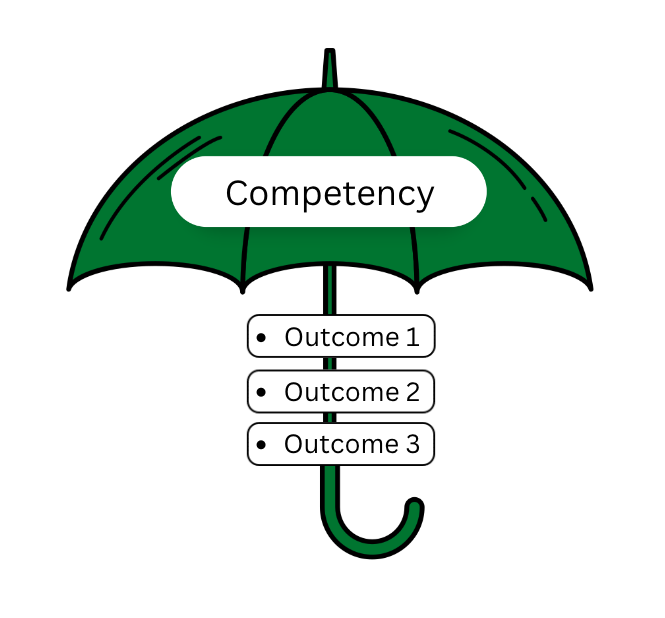We Are All Treaty People
By Tereigh Ewert
In the fall, the office of the VP Teaching and Learning began offering treaty education to faculty and staff at the University of Saskatchewan. Each month, a cohort of people engaged in an online module, and then their learning culminated in a three-hour face-to-face session with a Traditional Knowledge Keeper who further illuminated treaty history and issues, and who also provided some critical cultural context. Gordon Barnhart, in his 2007 speech to the throne, made treaty education mandatory in the K-12 school system, so our upcoming generation has some knowledge of treaty history and issues. But for most of the rest of us, we have had little exposure to treaty education, and have a huge gap in our knowledge of First Nations peoples.
The development of the treaty module took over a year, and many people were consulted with, including Elders and people from the Office of the Treaty Commissioner. The first question asked in every face-to-face session is, “Why do you think the university has invested in teaching faculty and staff about treaties?” The answers are fairly consistent: it is in accordance with the goal of “Aboriginal Engagement” in the third integrated plan, many people have never learned about treaties, there is a growing demographic of First Nations people, and non-First Nations need to become better informed in order to create a more hospitable campus environment for Aboriginal students.
But for me, who has collaborated on the development and delivery of these modules, there are issues that are even more important, and these are what motivate me to learn and share what I know (so far). I will use two Cree words to describe these important principles, from the book Treaty Elders of Saskatchewan, with the hopes that I am not using the words improperly. The first principle that has resonated for me, is that of kihci-asotamâtowin, which means “sacred promises to one another, the treaty sovereigns sacred undertakings”(25). A common misunderstanding amongst people is that the treaties were mere land transactions, undertaken and finalized over 100 years ago. But when the new comers entered into treaties, they entered into a covenant with First Nations people, which was made sacred by the smoking of the pipe. In doing so, it was understood that both parties were making an agreement, not only with one another, but also with the Creator. Thus, the covenant was an enduring one, which could only be broken by the Creator (Treaty Elders of Saskatchewan, 25). The treaties were to last as long as “the sun shines, the grass grows, and the rivers flow.” So today, we—everyone—are responsible for honouring the treaties, not only as they were written, but also as they were orally negotiated.
The second principle that is important to me is miyo-wîcehtowin, meaning “getting along well with others, good relations, [and] expanding the circle (14). Becoming more knowledgeable about treaty history, and about current treaty issues promises to bring about a greater understanding of First Nations (and other Aboriginal people). In a province that, through statistics, reveals individual and systemic racism, and discrimination toward Aboriginal people, we all have a responsibility to become more informed, and this, surely, would be a beginning point for building “good relations.”
While treaty education is a means to compensate for a western education that erased or misrepresented First Nations people, it is crucial that we learn how to create a more welcoming environment for Aboriginal students. On a larger scale, we have an obligation to both take on the rights and responsibilities of the treaties, and to make steps toward repairing the relations between Aboriginal and non-Aboriginal peoples.
Cardinal, H., and Walter Hildebrandt. (2000). Treaty Elders of Saskatchewan. U of Calgary P: Calgary.


